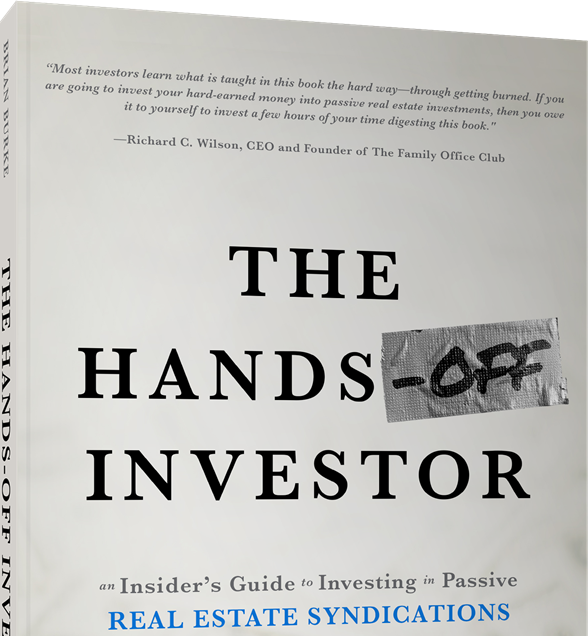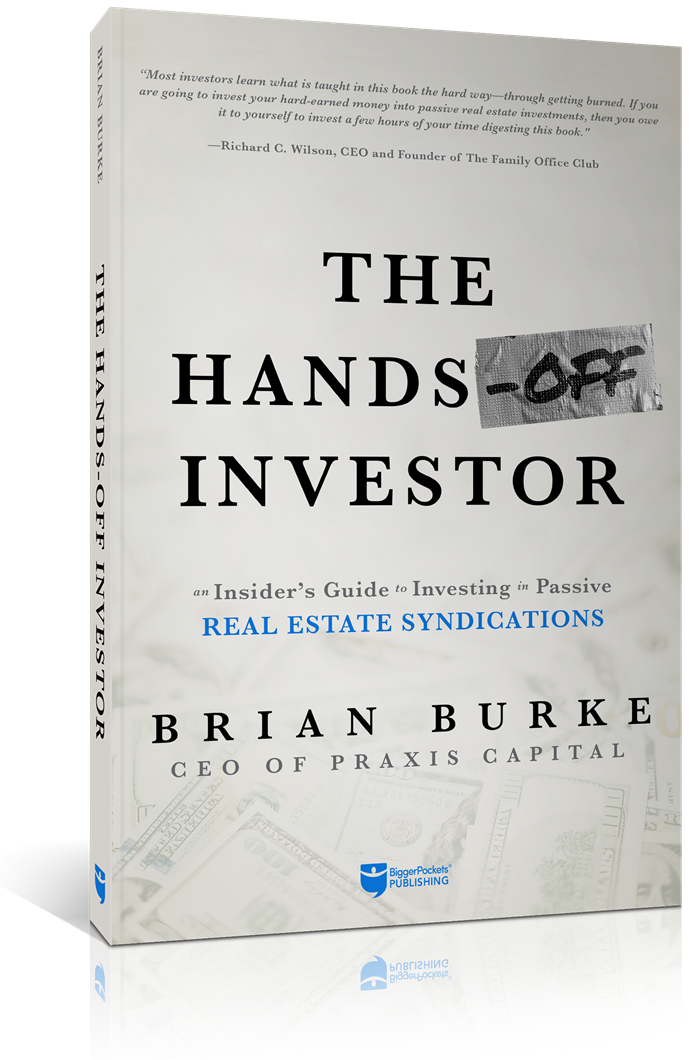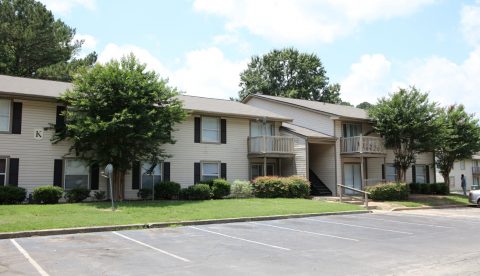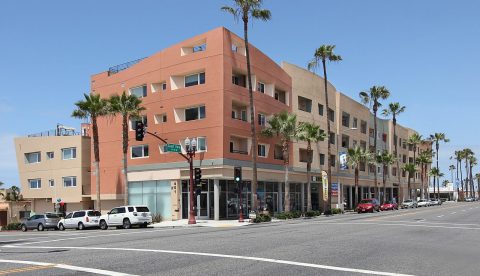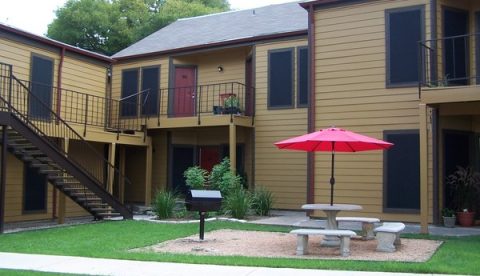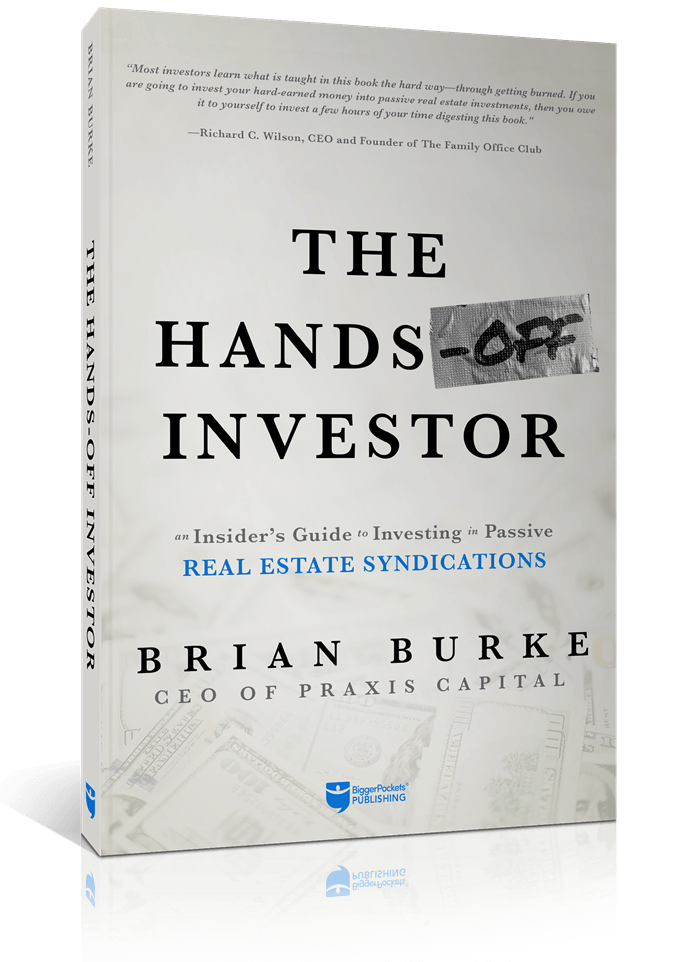US Real Estate Market Remains Strong, Despite Consumers In Financial Distress

The latest data shows that the US real estate market may be in a much healthier position than many feared.
While consumers do seem to be feeling financial distress. Real estate appears to continue to be an essential safe haven for capital, and generating additional income.
Have We Been Too Bearish On Real Estate?
While the Fed and other new government policies have certainly managed to cool the economy and real estate market, real estate may be on a stronger foundation than many believed.
It is true that fewer retail home buyers are out there and eager to pay top dollar in bidding wars. Many have been priced out of the market due to a combination of inflation in living costs, higher property prices, and rising interest rates.
Yet, big funds still seem to be acquiring properties. People are still moving.
As other sectors look even more volatile, real estate continues to be the go-to asset class for preserving wealth, and passive income.
Mortgage Performance Beats Expectations
While there has been every reason to expect more distress and foreclosures across virtually every real estate sector, that doesn’t seem to have happened.
The latest bank data being reported by DistressedPro actually shows that residential, commercial, and farmland loans are experiencing their lowest rates of non-performance and default in at least two years.
There are very few REOs. It appears fewer borrowers of all types may end up in foreclosure in the next several quarters ahead. At least based on this current data.
The low rates and low rate long term mortgages that have been locked in, and large amounts of cash equity in the property market are perhaps the one thing that is different about this cycle. One factor that could make all the difference in providing support for real estate values, and the ability to maintain debt service.
Consumers In Distress
Although mortgage debt performance is moving in a positive direction, banks reporting data through DistressedPro show that they have been mounting up on other types of bad debt for the past two years.
Unsecured business loan, auto loan, and credit card lates and defaults have all been compounding for at least the last 24 months.
This suggests a lot of financial distress behind the scenes. With consumers mounting up nearly $1T in credit card debt, to keep up with inflation. While others are covering their job and income losses with credit cards.
If this continues it seems inevitable that it will roll over into other parts of the economy. However, it could easily be offset by more stimulus, more confidence in the economy and a return of hiring at scale.
Real Estate Investing
While this is a time to be more diligent in acquiring better priced properties, and managing them more efficiently than ever, the property market seems in pretty healthy shape for now.
Both professional investors and individuals need the income real estate can generate, as well as the wealth preservation it provides.
The need for housing will never go away. In fact, the above data suggests the need for rentals may only grow. Providing even better performance for real estate investors ahead.
